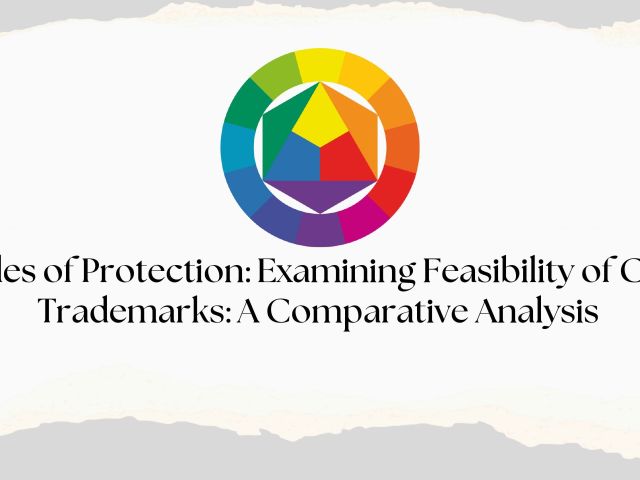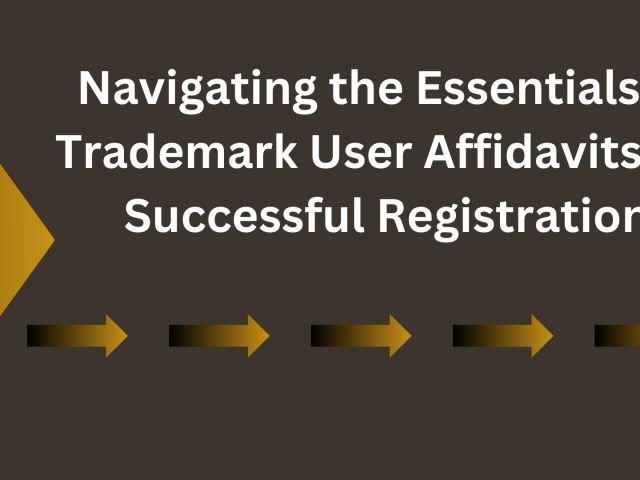With the registration of a trademark, the registered proprietor is conferred upon the statutory protection granted against any infringement of registered trademark irrespective of whether it is used or not used to avoid loss of his goodwill and reputation. The registration of a mark grants exclusive rights to the relevant proprietor of the trademark to use such trademark about the goods or services subject to any conditions and limitations to the registration.[1]
INFRINGEMENT MEANING
Infringement, in simple terms, means any violation of the IP rights of a person. The Trade Mark Act does not define Infringement. However, under sections 28 and 29, the registered proprietor of the mark gets a right to sue any competitor or a trader if, inter alia, there is any use of the identical or similar mark in respect of identical goods and services, or it is deceptively similar in the sense that it is likely to deceive or cause confusion concerning goods for which the mark is registered. Section 29 explicitly lays down various grounds upon which infringement of the trademark can be claimed.
JURISDICTION FOR INFRINGEMENT
According to the provisions under the Act, a suit for the infringement of a registered trademark shall not be applicable in any court inferior to a District Court having jurisdiction to try the suit.[2] For District Court jurisdiction under the trademark laws, it is to include such District Court within the local limits of whose jurisdiction, the person/s (registered proprietor or registered user) instituting the suit actually and voluntary resides or carries in business or personally works for gain.[3]
Thus, the Trade Mark Act provisions make a significant shift from the provisions of the Civil Procedural Code concerning the parties’ convenience to choose the forum. The CPC keeps in mind the convenience of the defendant. At the same time, the trademark laws vest the convenience in the person instituting the suit, thereby dragging the infringer to the forum of the plaintiff’s choice. However, the court has developed the interpretation for jurisdiction also to include the factor of cause of action when multiple forums are available to choose.
The expression “carries on business” and “personally works for gain” talks about two different circumstances. The terms “carries on business” means having an interest in a business at that place, while the expression “personally works for gain” may denote a place where a person is working personally for gain. The business needs not to be compulsorily be carried through an office, as long as consumers can avail of the goods and services. Thus making the expression “carries on business” flexible enough to counter the issue of virtual businesses for jurisdiction.
Following are some of the relevant steps to find out the appropriate jurisdiction in cases of infringement:
* Firstly, to locate the act of infringement and analyze the form of such infringement,
* Secondly, to analyze the plaintiff’s legal status, i.e., whether he is a registered proprietor of the concerned registered mark or whether he is a registered user, or whether he is merely a third party.
* Thirdly, to ascertain the period or duration lapsed from the date of cause of action to realize the limitation period for filing the suit.
* Lastly, to analyze and build the appropriate locus standi to prove the jurisdiction.
SCOPE OF INFRINGEMENT IN THE ONLINE SPHERE AND ITS JURISDICTIONAL ISSUES
With the expanding connectivity and commercial transactions over the internet, it is natural that a business entity owning certain trademarks would venture into this new medium. However, due to emerging technologies and lack of awareness, trademark owners’ monopoly rights are likely to be threatened by web-based technology tools, like search engines, meta tags, and hyperlinks.
For the issue of jurisdiction in cases of trademark infringement in the online medium, Indian courts have constantly been facing hardships while initiating infringement proceedings against such persons who are directly not in a position to operate the online marketplace. Thus, the role of online intermediaries and the extent of liability have to be realized, which is substantially important for safeguarding IP owners and users’ interest.
CONCLUSION
With the growing of e-commerce and increasing competition in the economy, it becomes necessary for business enterprises to protect and constantly enforce their intellectual properties. As a result of which there may arise various complexity while determining the appropriate jurisdiction while enforcing the IP rights. Thus courts have developed and have accepted an approachable and flexible interpretation allowing the various forum to deal with the jurisdiction in cases of trademark infringement.
[1] Section 28, Trade Marks Act, 1999.
[2] Section 134(1), Trade Marks Act, 1999.
[3] Section 134(2), Trade Marks Act, 1999.




